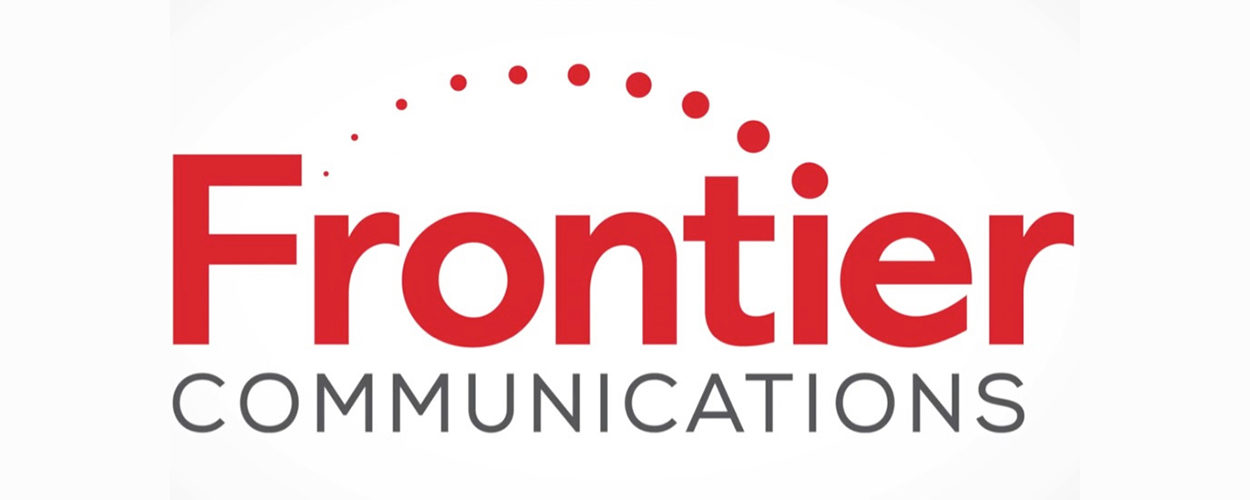This website uses cookies so that we can provide you with the best user experience possible. Cookie information is stored in your browser and performs functions such as recognising you when you return to our website and helping our team to understand which sections of the website you find most interesting and useful.
Business News Digital Labels & Publishers Legal
Frontier Communications latest US ISP to be sued by the major labels
By Chris Cooke | Published on Thursday 10 June 2021

Good news for fans of copyright lawsuits against US internet service providers – we’ve got another one for you! Frontier Communications is the latest net firm to be sued by the major labels who argue the ISP did not do enough to deal with infringement and infringers on its networks, and therefore should be held liable for that infringement.
It’s the latest in a flurry of lawsuits against US internet companies that followed BMG’s successful litigation against Cox Communications. In that case, BMG successfully argued that Cox had a deliberately shoddy system for dealing with repeat infringers among its customer base and therefore should not qualify for protection under the copyright safe harbour, which allows internet companies that inadvertently and unknowingly facilitate infringement to avoid liability.
On the back of the BMG case, the majors also sued Cox, winning a billion dollars in damages in the process. Other litigation has also been pursued against Charter Communications, Grande Communications, RCN and now, of course, Frontier Communications. Because, I mean, if billion dollar damages are a possibility, why wouldn’t you?
“Frontier knew that its subscribers were using its high-speed network to illegally download and distribute plaintiffs’ sound recordings on Frontier’s network”, says the new lawsuit. “Frontier has received hundreds of thousands of copyright infringement notices from copyright owners, including plaintiffs, but chose not to act on those notices and address the rampant infringement on its network”.
“Frontier failed to adequately respond to these notices”, it goes on. “It deliberately refused to take reasonable measures to curb its subscribers from using its service to infringe on the copyrights of others, including plaintiffs, despite having direct knowledge of particular subscribers engaging in specific, repeated acts of infringement”.
It adds: “Through the provision of its services to known infringers, Frontier knowingly contributed to, and reaped substantial profits from, massive copyright infringement committed by thousands of its subscribers, causing great harm to plaintiffs, their recording artists, and others whose livelihoods depend upon the lawful sale and distribution of music”.
“Frontier’s contribution to its subscribers’ infringement is both wilful and material, and renders Frontier liable for its subscribers’ infringing activity”, it then concludes.
Frontier will presumably now gather up all the counter arguments previously presented by Cox, Charter, Grande and RCN, and see if it can have any more success defending itself with said arguments. That will almost certainly involve dissing the way the majors issued their takedown notices, basically arguing that those takedowns couldn’t be trusted, so can’t be used as evidence that the ISP deliberately failed to respond to known infringement on its networks.
In its recent appeal of the billion dollar judgement against it, Cox argued that – even if its deliberately shoddy system for dealing with repeat infringers means it can’t rely on the copyright safe harbour for protection – the labels still didn’t prove it was liable for contributory infringement. Obviously the jury in the original case did not agree, but in the appeal Cox presented various arguments as to why the jury’s conclusion was wrong.
In its filing with the Fourth Circuit appeals court, Cox Communications also said that if the billion dollar judgement against it stands, “the consequences will be devastating”.
That was an opinion echoed by various groups that submitted to the court a so called amici curiae in support of Cox earlier this month, including campaign organisations like the Electronic Frontier Foundation and Public Knowledge. The ruling in the Cox case, they wrote, “lowers the threshold for a finding of secondary liability for copyright infringement and increases the likelihood of secondary liability posing an existential threat to all but the largest ISPs”.
“The consequence of that decision, if upheld, would be the loss of internet access for an untold number of internet users regardless of whether they had engaged in any infringing activity”, they then added, ramping up the drama somewhat. “Neither copyright precedent nor any legitimate interest of copyright holders or the public justifies this result”.
Frontier will presumably be hoping that Cox and its allies have some success with their arguments. Meanwhile the music industry, which has had most of the wins in this domain in recent years, will be hoping the precedent in Cox prevails, resulting in similar big money wins against the other targeted ISPs, including good old Frontier.





